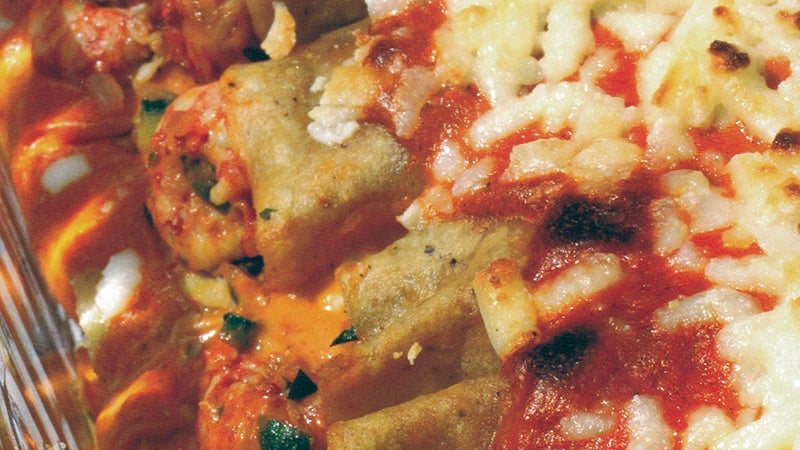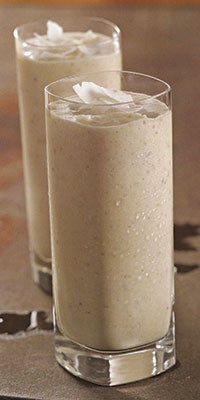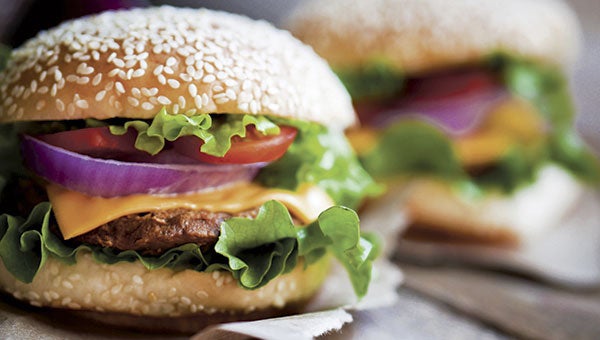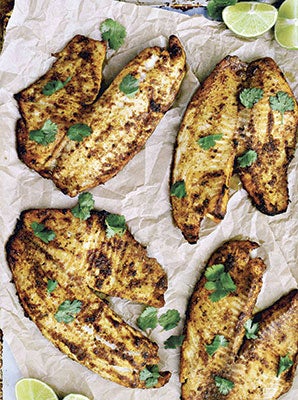Dinner is hot, hot, hot – tamales, that is
Published 12:01 am Saturday, November 3, 2012
I have been eating tamales lately and have a semi-fondness for them. They look hard to make so I think I will be eating them instead of preparing them. I had some delicious ones at Fat Mama’s Tamales in Natchez, Miss., this past week. They do not make them in the restaurant anymore but out-source them and bring them in frozen and cook them in boiling water as needed.
So, how did hot tamales get into Mississippi? Many think that tamales made their way to the Mississippi Delta in the early 20th century when migrant laborers were brought in from Mexico to work the cotton harvest. The basic tamale ingredients, cornmeal and pork, were easily adapted by the African Americans who shared the fields. Others say that the Delta’s history with tamales goes back to the U.S. Mexican War 100 years earlier, when soldiers from Mississippi traveled to Mexico and brought tamale recipes home with them.
No two people make hot tamales exactly the same way. Pork is traditional, but some cooks use beef, while others prefer turkey. Some boil their meat, while others brown it. Some people use masa, while others prefer the rough texture of cornmeal. Most wrap in corn shucks, while a few have turned to parchment paper. Some season the tamale in just one way, while others will season the meat and the meal, as well as the water used to simmer the rolled bundles. Some eat theirs straight out of the shuck, while others smother them in chili and cheese. I do know that in the Delta tamales are served with crackers and a cold beer! Why crackers? Got me. I thought it was a mistake when we got a bowl of crackers with our tamales at Fat Mama’s. I heard of one person who always eats hers with crackers and ranch dressing!
Many people say that the best time to eat hot tamales is during the winter months, but tamales are sold year round. The red-hot tamales are in fact bright red in color. This visual is the result of spices added in all stages of tamale preparation and cooking.
Even though making tamales are time consuming, they perhaps are worth doing. Below are the steps in preparing tamales, so you can have this recipe on hand if you decide to make some.
Mississippi Delta Tamales
Makes 7-8 dozen (If you are going to the trouble, might as well make a few. One can easily eat a dozen. They are usually sold by the dozen or half dozen.)
Meat Filling
6-8 lbs. boneless meat (pork shoulder, chuck roast, or chicken)
¾ cup vegetable oil
¼ cup chili powder
2 Tablespoons paprika
2 Tablespoons salt
2 teaspoons black pepper
1 teaspoon ground cayenne
1 Tablespoon onion powder
1 Tablespoon garlic powder
1 teaspoon ground cumin
Cut the meat into large chunks and place in a large, heavy pot. Cover in cold water. Bring to a boil over high heat. Cover the pot, and reduce heat to medium-low and simmer until meat is tender, for two to two-and-a-half hours. Remove the meat and reserve the cooking liquid. When the meat is cool enough to handle, remove and discard any skin and large chunks of fat. Shred or dice the meat into small pieces. There should be 10-12 cups of meat. Heat the vegetable oil over medium heat in a heavy pot. Stir in the chili powder, paprika, salt, pepper, cayenne, onion powder, garlic powder and cumin. Add the meat and stir to coat with the oil and spices. Cook, stirring often, until the meat is warmed through, about 7-10 minutes. Set aside.
Corn Husks: While meat is cooking, soak the husks in a large bowl or sink of very warm water until they are softened and pliable, about two (2) hours. Separate into single leaves, trying not to tear them. Wash off dust and discard any corn silks. Keep any husks that split to the side, since two small pieces can be overlapped and used as one.
Corn Meal Dough
8 cups yellow corn meal or masa mix (can be found in most stores)
4 teaspoons baking powder
2 teaspoons salt
1 2/3 cups vegetable oil or lard
6-8 cups warm meat broth (from cooking of the meat)
Stir the corn meal, baking powder, salt and lard together in a large bowl until well blended. Gradually stir in enough warm liquid to make soft, spongy dough that is the consistency of mashed potatoes. The dough should be quite moist but not wet. Cover the bowl with a damp cloth.
Assembling the tamales: Remove a cornhusk from the water and pat dry. Lay husk on a work surface. Spread about ¼ cup of dough in an even layer across the wide end of the husk to within 1 inch of the edges. Spoon about 1 tablespoon of the meat mixture in a line down the center of the dough. Roll the husk so that the dough surrounds the filling and forms a cylinder or package. Fold the bottom under to close the bottom and complete the package. Place the completed tamales in a single layer on a baking sheet. Repeat until all dough and filling is used.
Cooking the tamales: To simmer: Stand the tamales upright, closed side down, in a large pot. Place tamales together in the pot so that they do not fall down. Carefully fill the pot with enough water to come just to the top of the tamales, trying not to pour water directly in the tamales. Bring to a boil over high heat. Cover the pot, reduce heat to medium-low, and simmer until the dough is firm and pulls away from the husks easily and cleanly, about an hour.
To steam: Stand the tamales upright, closed side down, in a large steamer. Cover the tamales with a damp towel or additional husks. Steam the tamales over simmering water until the dough is firm and pulls easily from the husks, about one to an hour and 25 minutes.
Serve tamales warm, in their husks. Remove husks to eat.






